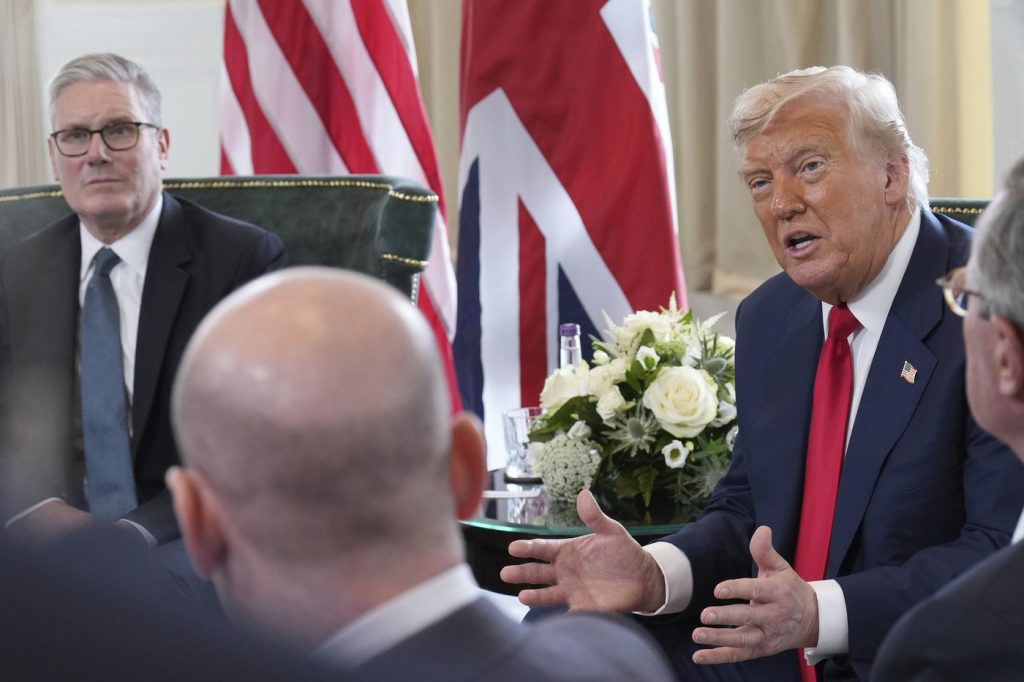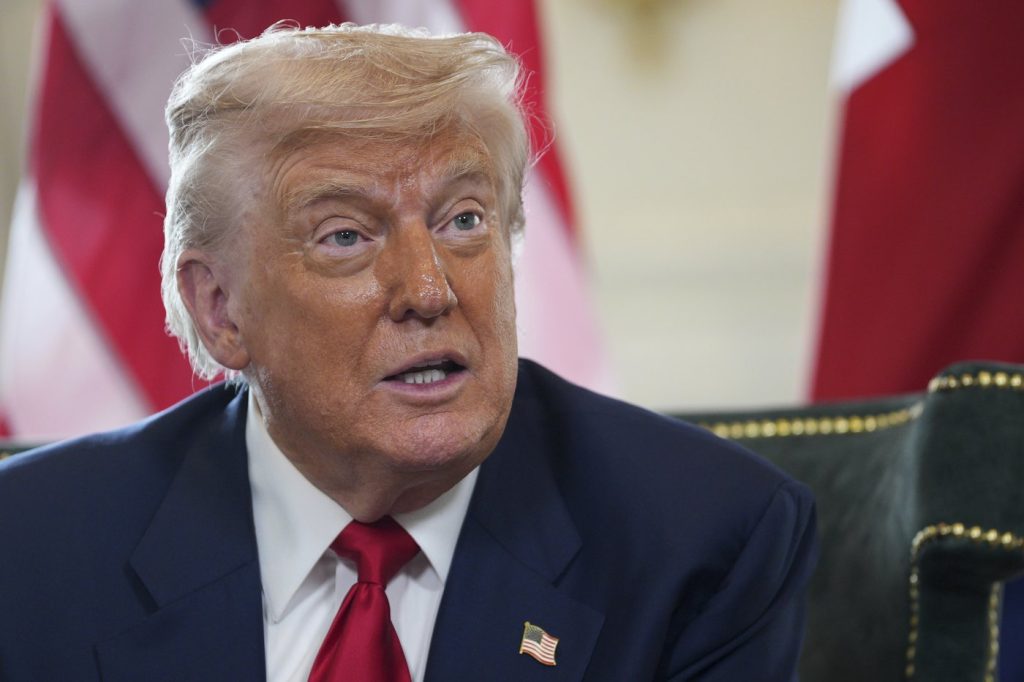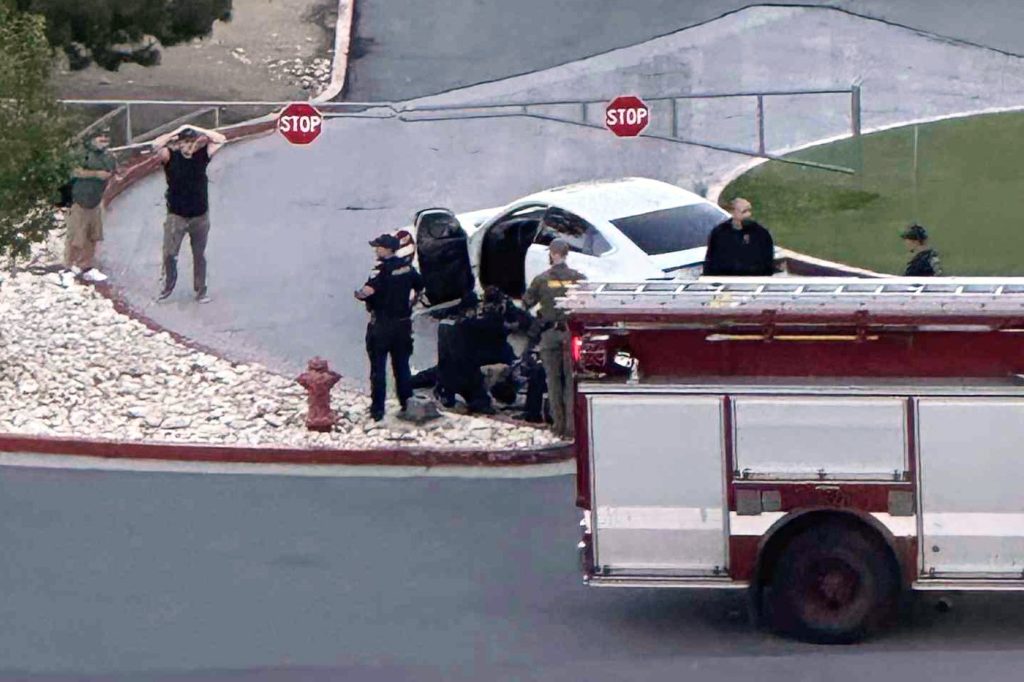President Donald Trump expressed increasing concern over the worsening humanitarian situation in Gaza on Monday, urging Israeli Prime Minister Benjamin Netanyahu to provide food to the region. This remarks come as alarming images of starving children have heightened international awareness of hunger in the war-torn territory. During a speaking engagement in Scotland, Trump noted that the United States and other nations are currently sending financial aid and food to Gaza but stressed that it is Netanyahu's responsibility to manage the delivery of aid.
“I want him to make sure they get the food,” Trump reiterated, marking a notable shift in his previous stance on the ongoing Israel-Hamas conflict. His recent comments were more urgent compared to a resigned attitude he exhibited last week, when discussions for a ceasefire fell through. This change also illustrates a growing divergence from Netanyahu, despite their close alignment earlier, particularly following joint military efforts against Iran.
When asked about Netanyahu's assertion that there is no policy of starvation in Gaza, Trump replied, “I don’t know... based on television, I would say not particularly because those children look very hungry.” His remarks follow recent reports of starvation-related deaths and visible struggles, especially among children and infants, to access food, prompting international outrage.
Moreover, Trump announced plans for the U.S. to establish food centers in Gaza, although specific details were not provided. The White House had yet to release further information regarding this initiative. He also acknowledged that Hamas has been obstructing aid efforts, stating, “Hamas has stolen food and aid trying to reach people in Gaza,” while also admitting that Israel has significant responsibilities in the matter. However, he maintained that Israel faces challenges in addressing these issues due to the ongoing hostage situation involving 20 individuals held in Gaza.
To address the humanitarian crisis, both Trump and British Prime Minister Keir Starmer highlighted the dire circumstances in Gaza, with Starmer calling it a "desperate situation." In contrast to Trump’s mixed stance, Starmer emphasized that people in Britain are appalled by the humanitarian crisis unfolding in Gaza. Vice President JD Vance echoed Trump’s concerns by stating that the U.S. is troubled by the situation and urged Israel to allow more aid to flow into the region.
The calls for humanitarian aid grew louder as Egyptian President Abdel Fattah el-Sissi pointedly addressed Trump in a televised speech, requesting the U.S. president to halt the ongoing conflict and facilitate the delivery of aid. “Please, make every effort to stop this war and deliver the aid,” el-Sissi articulated, highlighting Trump’s influential role in potentially resolving the situation.
Amidst these developments, Starmer faced pressure from his party to recognize a Palestinian state, similar to actions taken by France, although he maintained that such recognition should be part of a broader two-state solution framework. Trump dismissed the significance of France's recognition of a Palestinian state, claiming it “doesn’t carry any weight.” Furthermore, he refrained from taking a definitive position on recognizing Palestinian statehood during his statements.
On an international level, the U.N. General Assembly convened on Monday with high-ranking officials discussing the prospects of a two-state solution to the long-standing Israel-Palestinian conflict. Notably, both Israel and the U.S. opted to boycott the two-day meeting, illustrating the complexities involved in addressing the issues at hand.












